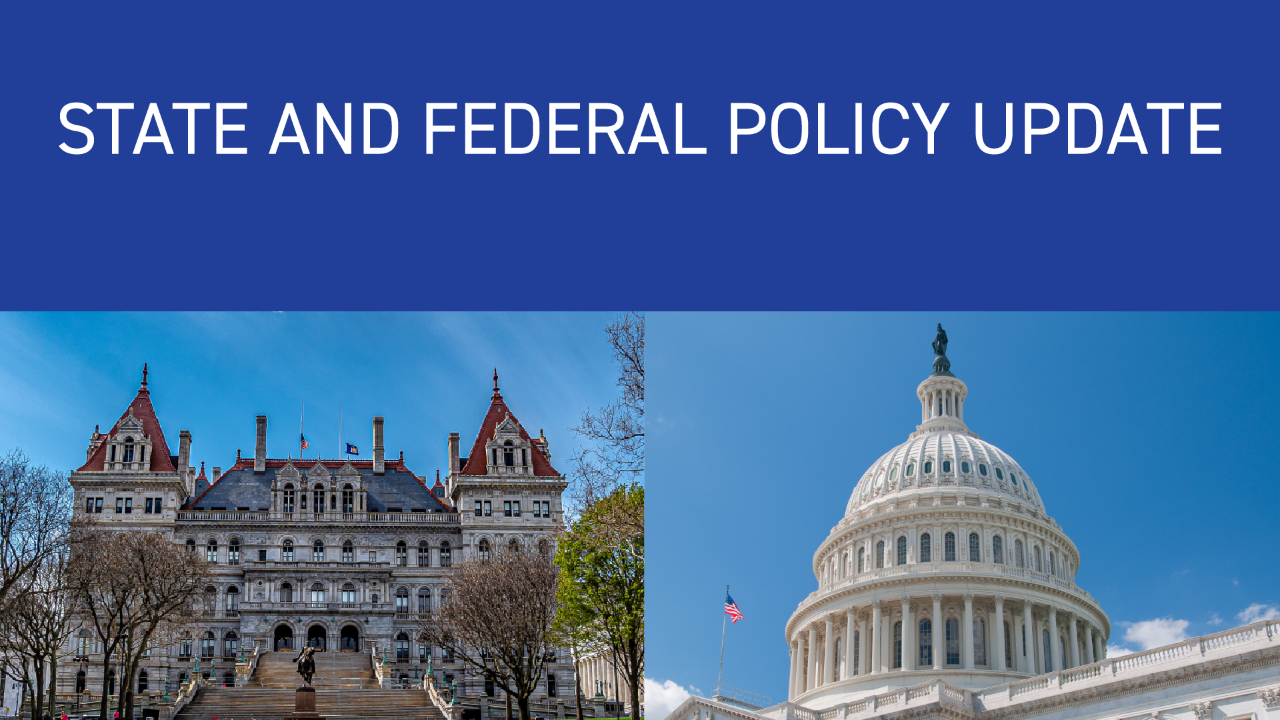State and Federal Update: August 11, 2025
Aug 11, 2025
On July 31, the Senate Appropriations Committee advanced its Fiscal Year (FY) 2026 Labor, Health and Human Services (HHS) Appropriations Bill. Comparing the Senate’s proposed FY26 funding levels to the current levels in the FY25 Continuing Resolution, WIOA funding faces a slight cut. Overall, however, these numbers are very close to previous years—and a far cry from the President’s budget request, which featured a proposal to consolidate and drastically reduce funding for all WIOA programs into a single block grant.
At least for now, the Senate evidently is resisting that request. To be sure, the Senate's bill is just one step in the overall appropriations process. But the decision by House Speaker Mike Johnson (R-LA) to recess his body for the summer created an opening for the smaller and more bipartisan body to release their proposal first.
While workforce is not out of the woods—and the federal Office of Management and Budget continues to pursue rescissions packages—a number of factors suggest that roughly level funding for WIOA is the most likely outcome. These include the very condensed legislative schedule the House will face when it returns, the disappointing jobs report released on August 1, the general custom of bipartisan support for education and workforce spending, and the administration's many other priorities.
Latest on Job Corps
The Job Corps program continues to see its fate contested in court, with the federal judge who issued an injunction against the Trump administration-ordered shutdown of Job Corps earlier this year recently narrowing its scope, following a Supreme Court decision that limited the power of lower court judges to issue nationwide injunctions. Meanwhile, the Senate budget bill indicates a belief that the program should continue, as the Appropriations Committee calls for funding Job Corps at the same $1.6 billion level from the previous year. On the ground, we are hearing that Job Corps operators will be able to start enrolling new participants as soon as background checks start again, though the Department of Labor has not shared a timeline.
Rulemaking begins for short-term Pell, more
On August 7, the US Department of Education held a virtual hearing on policy changes stemming from the budget reconciliation bill that Congress passed and the president signed last month, including expansion of Pell Grant eligibility to cover the costs of short-term workforce programs. Among the many questions left unanswered by the legislation are what data the Department will collect for “workforce Pell.” While specifics largely will be hammered out through the negotiated rulemaking process—essentially, a convening of stakeholders to review proposed changes and then consider public comment—concerns voiced by speakers at the hearing included who would join those rule-making committees, as well as how certificate programs will be held accountable for learners’ subsequent labor market outcomes.

